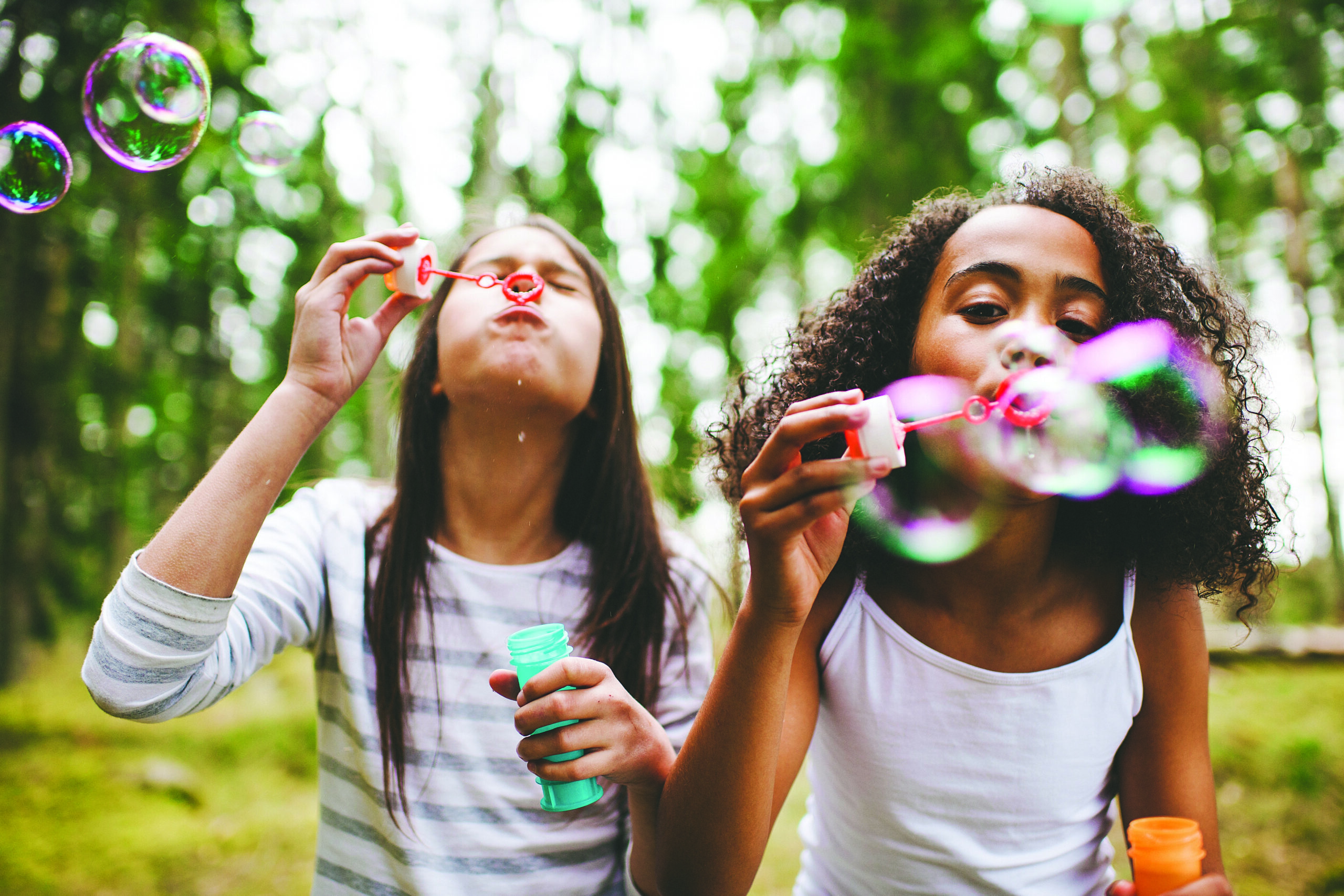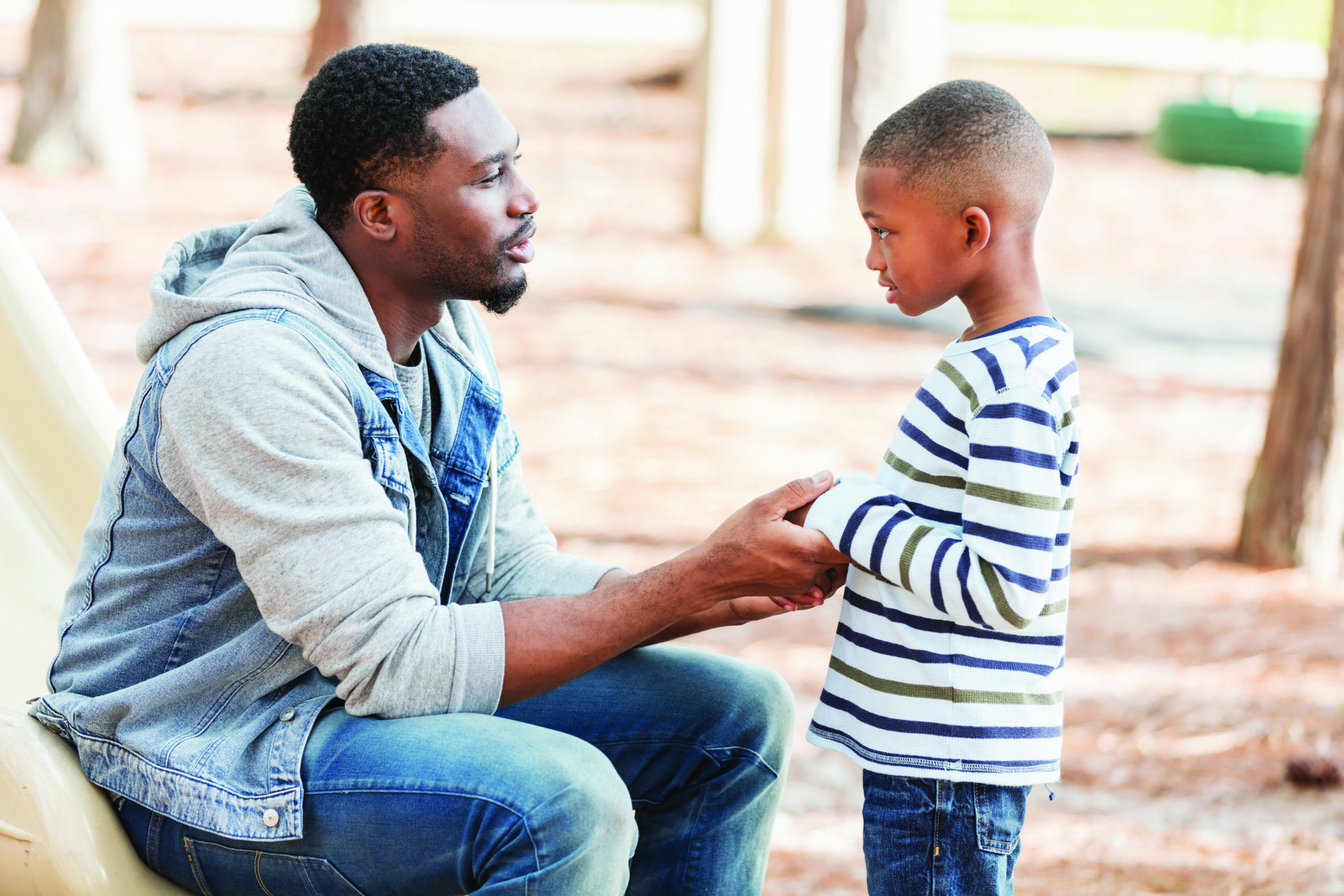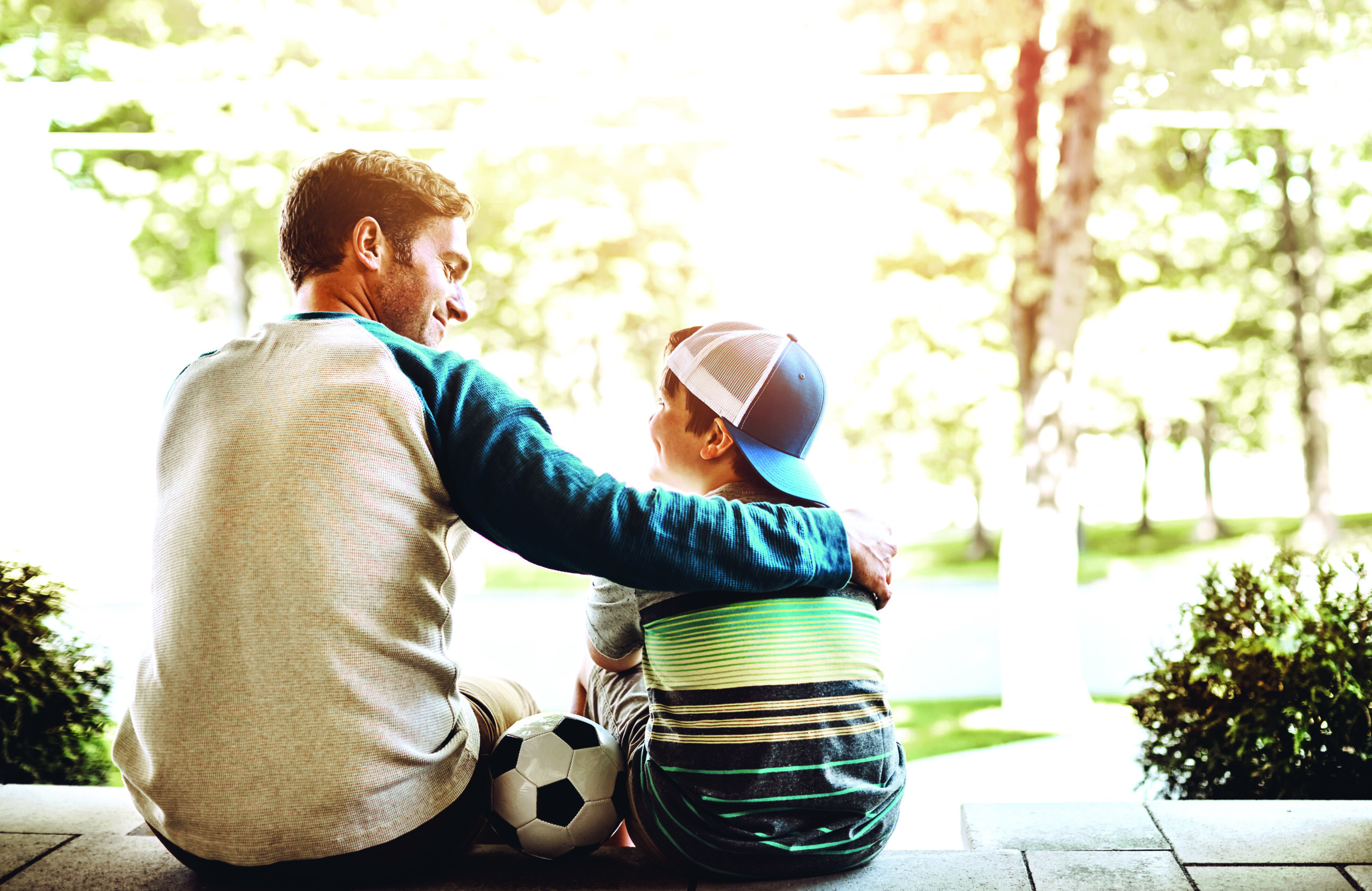by Jillian F. Hayes
Best-selling author Marie Kondo—who has written four books on organizing—suggests that unless an item sparks joy, we should get rid of it. This is an ambitious undertaking, and may entail rummaging through your house to excavate kids’ drawers, cabinets, wardrobes, closets and boxes. Chances are you’ll find many gifts you’ve given your youngsters over the years – and many of these may have become obsolete, outdated, broken or unopened. When asked if these items still bring joy, your child is likely to reply with a listless, “Meh…not really.”
Unsurprisingly, a recent study from San Francisco State University demonstrated that people consider life experiences to be a better use of money than material gifts. In light of this, you might contemplate the implications of providing your children with unforgettable experiences versus tangible items. Instead of spending hours shopping for presents that may be unappreciated and wrapping endless boxes, spend time planning exciting trips or booking tickets to far-away places or local attractions and events. Research season ticket options and sign up for local theater newsletters, travel sites and museum information.
There are plenty of good reasons why experiential presents will—in the long run—be more appreciated by your kids. Here are our top five:
- Experiences last longer. One of my most enduring childhood memories is walking through Disney World with my family in the pouring rain. As a seven year old from the desert, I thought it was the coolest thing and I can still remember the smell of the rain and sound of my shoes splashing as we ran to our next ride. Whether your gift is an amusement park ticket or a camping trip, remember that it takes mere seconds to open a present, whereas an experience can linger for years. Your children will capture joy for a much longer time. To make it last even longer, take lots of pictures so you can relive the time later.
- Bonding. Your gift doesn’t have to be a solo event. A gift for the entire family—perhaps an escape room, a vacation, or a day trip—allows everyone to join the fun and share the experience. You’ll all laugh and remember the excursion together. Later you can share the memories and reflect on the great time everyone had. The lead up to the adventure can be fun too as you plan your time together.
- Experiences can be tailored to each person in the family. Your children may have completely opposite tastes. Where one is a thrill seeker, the other may be content with a book and puzzle. Thankfully there are experiences for everyone! You can give your little adventurer a ziplining trip or a ticket to an x-game type of sporting event. The more cerebral child, may be interested in a specialty museum event or a play. The best part is you get to go with them and have your own experience while seeing it through their eyes.
- They can be involved in their own gift. If you’ve chosen a vacation or a day trip, let your child help plan it. Give him/her a guide book or a map and ask him/her to help with the itinerary. You may be pleasantly surprised at the activities they pick out. This is a great way of learning what really interests and excites your kids.
- You help broaden their horizons. It’s so rewarding to watch your children learn and develop a stronger sense of identity by seeing new places and undergoing different experiences. As they do more unique things, they learn and evolve—becoming more confident and well rounded. Their experiences can be talking points with other children and even adults.
The bottom line? Most of us have enough stuff. A few years back, the Los Angeles Times reported that the average American home has 300,000 items. While they represent just 3.7 percent of the children on the planet, U.S. kids possess 47 percent of all the world’s toys and children’s books. We can only put so much into a drawer or storage container—never to be seen again.
A treasured experience is sure to last longer in their your children’s minds and hearts than any game, technological gadget or trendy toy. It may be tough initially to get your kids to buy into this concept, so start by alternating experiential gifts with tangible presents. For example, if you give them tickets to a show, get them a related toy or video where they can experience it in a different way.
Let them see the difference and, perhaps, they’ll start asking for experiences. Imagine a day where their ideal present is tickets to a play or concert or a train trip instead of a video game.
With some imagination and an open mind, holidays, birthdays and other special occasions take on new meaning. Gifts that focus on experiences can become a truly significant and enduring experience—for both the giver and the recipient.








Leave A Comment